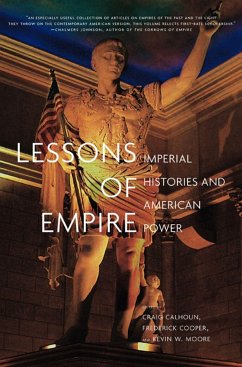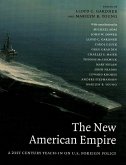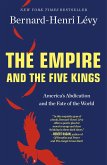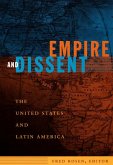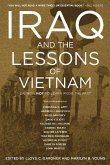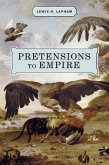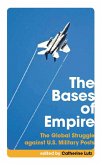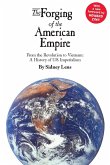A timely exploration of one of the big geopolitical questions of our time. ""'Empire' for a time became a quaintly antiquated word, banished from the political spectrum with the collapse of European colonial rule in Africa and Asia. Now, the word has come back as journalists, scholars, and politicians try to come to grips with the singular power of the United States.""--from "Lessons of Empire" In the shadow of America's recent military involvement in Iraq and Afghanistan, distinguished historians of empires and noted international relations specialists consider the dirty word "empire" in the face of contemporary political reality. Is "empire" a useful way to talk about America's economic, cultural, political, and military power? This final volume in the Social Science Research Council "After September 11" series examines what the experience of past empires tells us about the nature and consequences of global power. How do the goals and circumstances of the United States today compare to classical imperialist projects of rule over others, whether for economic exploitation or in pursuit of a "civilizing mission"? Reviewing the much contested history of domination by Western colonizing powers, "Lessons of Empire" asks what lessons the history of these empires can teach us about the world today.
Hinweis: Dieser Artikel kann nur an eine deutsche Lieferadresse ausgeliefert werden.
Hinweis: Dieser Artikel kann nur an eine deutsche Lieferadresse ausgeliefert werden.

